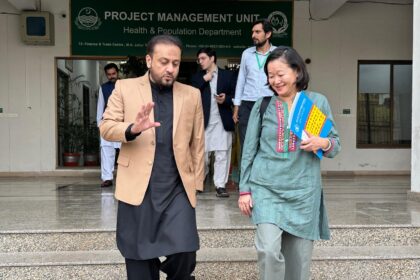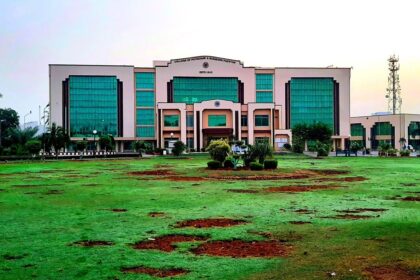Gender-Based Quota in PIMS Nursing Admissions Sparks Legal and Constitutional Concerns
Nadeem Tanoli
Islamabad: The Pakistan Institute of Medical Sciences (PIMS) has come under scrutiny after its College of Nursing introduced a gender-based quota for admissions to its four-year B.S. Nursing program, allocating 90% of the 50 seats to female candidates and just 10% to males. This decision has raised significant legal and constitutional concerns, as it appears to conflict with national regulations and guarantees of equal opportunity.
The Pakistan Nursing and Midwifery Council (PNMC), the national regulatory authority, requires admissions to BSN programs to be conducted on an open merit basis, without any gender-based allocation of seats. The council’s official regulations emphasize equal chances for all applicants, forbidding fixed seat distribution based on gender. With PIMS reserving 45 seats exclusively for women and only 5 for men, the institution seems to have deviated from these guidelines, prompting fears that the policy could be legally challenged by affected candidates.
Constitutionally, experts note that Article 25 of Pakistan’s Constitution ensures equality before the law and prohibits discrimination on the basis of sex. Educational quotas based on gender are largely seen as invalid unless they qualify as special provisions for women or children, which must have a clear legal basis. The Constitution also includes Articles 25A and 37, which stress equal access to education and the need for fairness in public policy.
Despite such legal protections, PIMS’s practice of gender reservation reflects an outdated approach at odds with more recent amendments to the PNMC Act, which call for standardized admission processes and merit-based selection. Critics argue that the institution’s policy undermines the rights of male applicants who could otherwise compete for more spots purely on their academic credentials.
The new quota system has sparked concern among aspiring male nursing students who believe their opportunities are being unfairly curtailed. Legal experts and student rights advocates point out that these individuals have grounds to lodge complaints with the PNMC or file writ petitions in the High Court, as the current policy could be seen as discriminatory and unconstitutional.
This case highlights a persistent discrepancy between legal standards and institutional practices in Pakistan’s education sector. While the regulatory framework and constitutional provisions demand merit-based and non-discriminatory admissions, t












